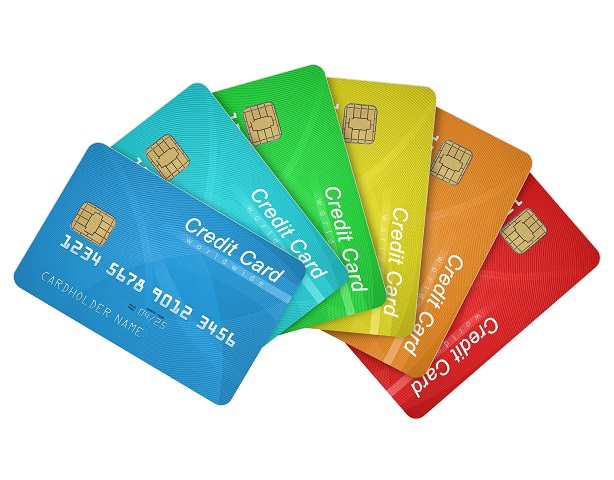

Five things you need to know about your credit card
Credit cards are something that most of us use on a daily basis without much thought – they’re convenient and may even earn you rewards. However, if you don’t know some of the basics about your card, it could cost you big time. To help you get started, we’ve compiled five of the features of most credit cards that you need to know about.
- Annual fee: This is the fee that the card provider will charge you each year simply for owning the credit card. The higher the annual fee, usually the more perks or rewards are associated with the card. Ensure that the annual fee advertised is the permanent annual fee as many companies advertise no annual fee, which expires after the first year. Make sure that the fee you’re paying for your credit card makes sense with the rewards/perks that you’re getting.
- Balance transfer: A balance transfer is when you want to move debt you owe from one credit card to a new credit card. This can be done to take advantage of a new card’s lower APR (see below), which means you’ll pay less interest on your owing balance. This all seems great, but having another credit card could negatively affect your credit score, and there could be a fee associated with the transfer. Make sure you read the fine print and ask lots of questions if this is something you’re interested in doing.
- Credit limit: This is the maximum amount of money that the credit card company will allow you to charge to your card. This amount is calculated based on your income and credit score, and could be low initially if this is your first credit card. It might be tempting to take the highest credit limit offered to you. However having a low limit is actually preferable since there is less temptation to overspend, and less of a chance to get into deep debt.
- APR (Annual Percentage Rate): This is the interest rate you’ll be charged when you don’t pay your card balance in full. Be sure to check what this rate is after the introductory rate that is offered to entice new customers. It’s smart to find a card with a low APR in case you can’t pay off your credit card balance in full. Always remember that this rate can also change because credit card interest compounds if you go for multiple months without paying the balance in full. Understanding your card’s APR can be difficult because not everyone is charged the same rate, it is calculated based on your income and credit history. The best advice is to only put purchases on your credit card that you can pay off in full each month.
- Rewards: Knowing what rewards you’re earning from your credit card is so important – especially when looking into a new credit card. It also pays to know how often you should redeem your points to get the best value. Studies show that each year billions of rewards points go unclaimed, so it is recommended you cash out in smaller denominations rather than waiting for the larger payoffs. This way, you’re always getting value out of the rewards system. Always ensure that the rewards are worth the costs – many rewards cards have high annual fees that sometimes outweigh the benefits. Do your research into the reward system on your credit card to see if you’re paying too much for not enough rewards.